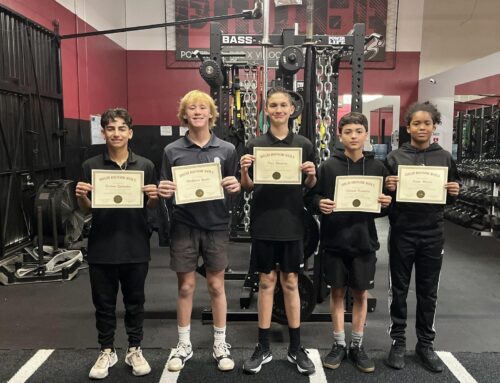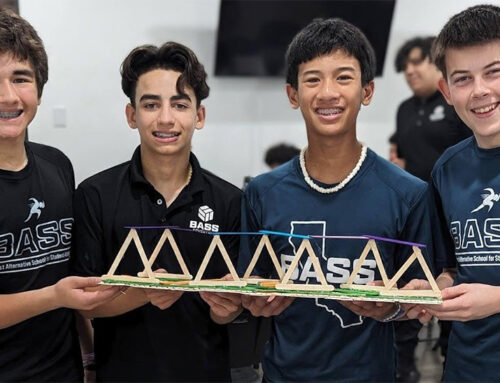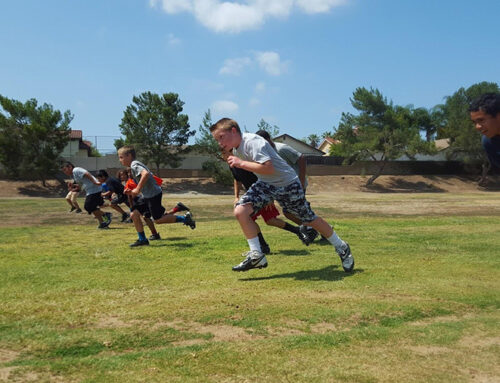What if I told you there was a way to help your child reach the next level—one that doesn’t require them to be the biggest, the fastest, or rely on genetic factors beyond their control?
In fact, the path I’m referring to is based more on self-determination than anything else.
Before I share it with you, let me start with something you probably already know:
Only 2% of high school athletes receive scholarships to play in college.
To put that into perspective, over 8 million students currently compete in high school sports. Do the math, and it’s easy to understand why parents feel anxious about how their child can make the cut—especially if they don’t have the means to fund college in other ways.
Why Academics Are the Smartest Path to College Sports
If we know that the vast majority of high school athletes won’t earn an athletic scholarship, why do most parents compete for such a finite number of resources?Why not focus on a path that’s less crowded, more secure, and doesn’t require genetics like LeBron James?
I’m talking about the opportunities that exist through academics.
As a coach, I rarely see parents invest in academics the same way they do in athletics—whether in terms of time or money. In my experience, it’s not that academics aren’t important to parents; it’s just that becoming a high academic achiever isn’t seen as essential to the recruiting process.
What Defines a High-Achieving Student-Athlete?
So, what defines a high-achieving student-athlete?
A 3.5+ cumulative GPA.
Once a student-athlete reaches this level of academic success, their opportunities to become a collegiate athlete increase exponentially.
Controlling What Your Child Can Control in the Recruiting Process
In my 10+ years of developing student-athletes, I’ve seen parents jump through hoops to give their kids an edge in recruiting.
They build their child’s brand, create social media accounts at a young age, or fight to get them on the best teams.
And while wanting what’s best for your child is always commendable, the results of many of these strategies are ambiguous at best.
I’m not saying your child shouldn’t play for a great coach or that social media won’t eventually be useful in recruiting. But the most impactful actions parents can take should build their child’s self-worth—not just their talent and confidence.
By helping your child become a high academic achiever, you empower them to control what they can—ensuring they have the best chance to play at the next level.
College Athletic Opportunities Through Academic Scholarships
Many parents don’t realize that there are plenty of opportunities for their child to attend a great college while still playing their sport.
Not all schools can offer athletic scholarships, but they do offer academic scholarships and financial aid that can cover a significant portion of tuition.
Just like scholarship-offering athletic programs, these schools are actively seeking competitive student-athletes to join their teams.
And here’s the best part: Academic scholarships don’t disappear if your child gets injured.
Unlike athletic scholarships, which may not be honored if a player is unable to compete, academic scholarships remain intact as long as a student-athlete maintains their grades. This makes them a much more secure and reliable investment.
A Win-Win Plan for Parents of Aspiring College Athletes
In today’s culture of youth athletics, parents are constantly searching for ways to help their child make it to the next level—and rightfully so.
But prioritizing academic achievement is like an insurance policy for a student-athlete’s future.
It protects them if they don’t receive a full athletic scholarship and, once they’re in college, ensures they can still earn a degree—even if an injury sidelines them.
At the end of the day, academics are actually the most influential role parents can play anyway. So why not start there?
Athletic scholarship or not, when your child has options, they always win.
— Boostman




















